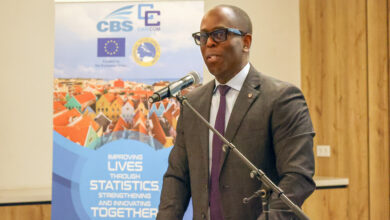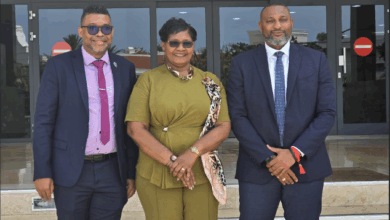(CARICOM Secretariat, Turkeyen, Greater Georgetown, Guyana) A Cdn$19.5M project aimed at building the statistical capacity in the Caribbean Community (CARICOM) was launched recently in Grenada.
The Project for the Regional Advancement of Statistics in the Caribbean (PRASC), funded by the Canadian Government, is a seven-year initiative that begins this month. It is geared at strengthening the statistical system of the Caribbean in order to address identified gaps towards the improvement of socio-economic measures and to support evidence-based policy-making.
The project was launched against the background of the Community’s identification of statistical gaps in both social and economic statistics, which make it difficult for policy-makers to make informed decisions that benefit their countries and the Region. The gaps also pose challenges to monitoring key development measures in the areas of economic growth, poverty, health, education, and migration.
Through the PRASC, Statistics Canada intends to work with the National Statistical Offices (NSO) of 14 eligible CARICOM Member States and in collaboration with other organizations active in the Region to develop methods and approaches that can eventually be used by the statistical system of all Caribbean countries. Direct beneficiaries of the project are the NSOs, National Statistical Systems and Regional Statistical System of the Caribbean Region. Indirect beneficiaries are data users, including policy and law makers, academic, private and public institutions and women and men, boys and girls in the Caribbean Region.
The initiative will focus on four components to enhance the systems of National Accounts; improve business statistics by working on a robust business survey infrastructure; improve household statistics, including sex-disaggregated socio-economic indicators, by working on a robust survey infrastructure for household surveys; and improve sharing of statistical information and expertise at the national and Regional levels.
The project will adopt a “learning by doing” phased approach, through a logical progression from knowledge sharing/training, to adaptation and testing of the newly acquired best practices and tools, to national implementation, and, finally, to Regional sharing. This approach has proven to be successful and sustainable in Statistics Canada’s experience with other technical assistance, as it focuses on the local needs and finding solutions viable in the local context.





